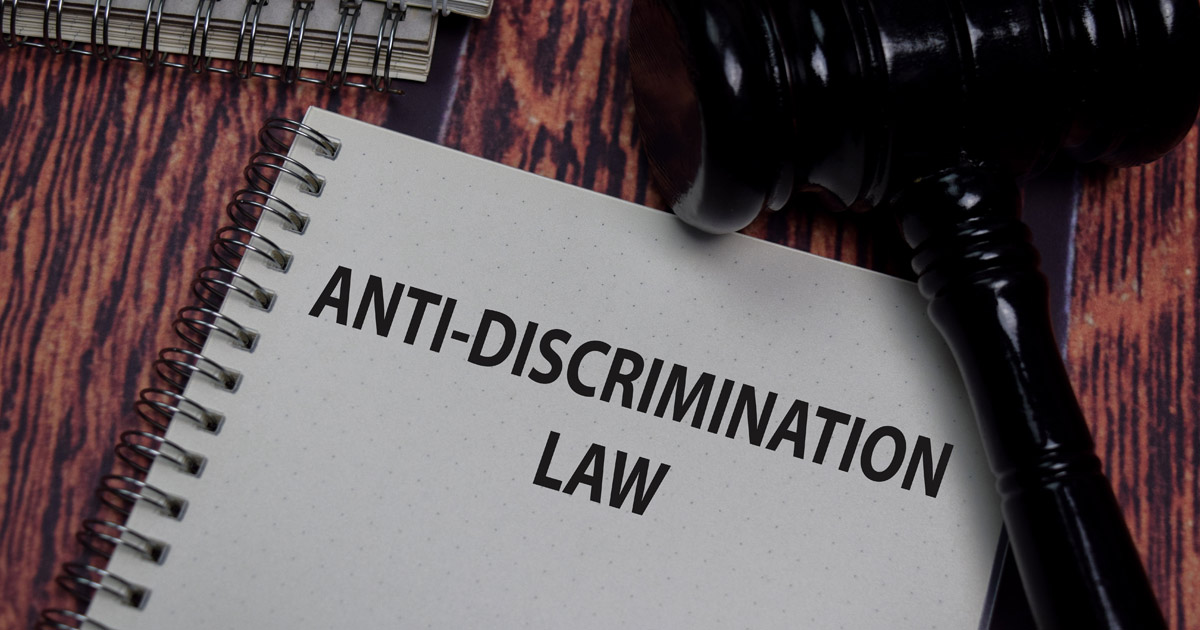Can I Get Out of a Business Contract?

A business contract between parties that is written and signed is a legally enforceable document. Signees generally cannot just leave the arrangement or void the contract at will.
In business, situations can change, and unforeseen circumstances can render one or both parties unable to honor their initial contractual agreements. Unfortunately, there are situations where one party purposely makes it difficult for the other to honor the contract.
A party can sometimes legally void their business agreement. Most of the time, breaching a contract comes with stiff financial penalties, legal costs, and possibly even litigation.
That is why it is important to have a business lawyer review a contract before it is signed. They may recommend including an escape clause in the agreement. This type of clause allows a party to terminate an agreement under certain predefined conditions lawfully.
If your contract did not have a termination clause, you might be able to still get out of the contract. There are some circumstances under which signees can void their agreement. It will still require legal action and an experienced lawyer.
Legally permissible reasons to void a business contract include the following.
Breach of Contract
If two or more parties sign a business contract and one signee unlawfully breaches the agreement, the other parties may not be required to fulfill their contractual obligations. The alleged breach must be proved in court. In a legal sense, a breach occurs when a party acts contrary to contract terms, refuses to maintain its contractual obligations, or prevents other parties from fulfilling their responsibilities.
Incapacity or Death
Contracts are typically nullified if a signee becomes incapacitated. This stipulation should be written into the contract terms. Generally, if a signee is deemed mentally incapable of maintaining the agreement, they are excused from the legal consequences of premature contract termination. In addition, deceased individuals are not held accountable to contract terms.
Fraud or Misrepresentation
If the contract is found to have been based on fraudulent or misrepresented information, the party experiencing the fraud or misrepresentation will have to prove it in court to void the contract. This process can be time-consuming and costly.
Impossible to Fulfill
If fulfilling your contractual obligation is deemed impossible, the contract can be lawfully terminated. However, the circumstances for voiding a contract for “impossibility to perform” are rare. Death and incapacity are legitimate reasons for making a contract impossible to perform. Traumatic and unexpected events, such as car accidents or natural disasters, may also be found legitimate reasons for making a business contract impossible to fulfill.
As stated previously, the best way to get out of a business contract is to have a termination clause built into the agreement, with predefined conditions that are reasonable and realistic. If that is not the case, a calm sit-down discussion involving all parties, led by an experienced lawyer, can result in negotiations and solutions fair to both parties.
Sometimes, it could even be as simple as asking the other party to allow you to void the contract. Smart business owners know that goodwill between business partners is worth more than going to court for a breach of contract. It may be possible to get out of your business contract for a fee or possibly for free. Let your lawyer lead the way.
Philadelphia Business Lawyers at Sidkoff, Pincus & Green P.C. Can Help You With a Business Contract
Our Philadelphia business lawyers at Sidkoff, Pincus & Green P.C. help businesses function smoothly and effectively under the law. If you are a business owner and need help with a contract or other legal matters, contact us online or call us at 215-574-0600 today. Located in Philadelphia, we serve clients throughout Pennsylvania and New Jersey.
























